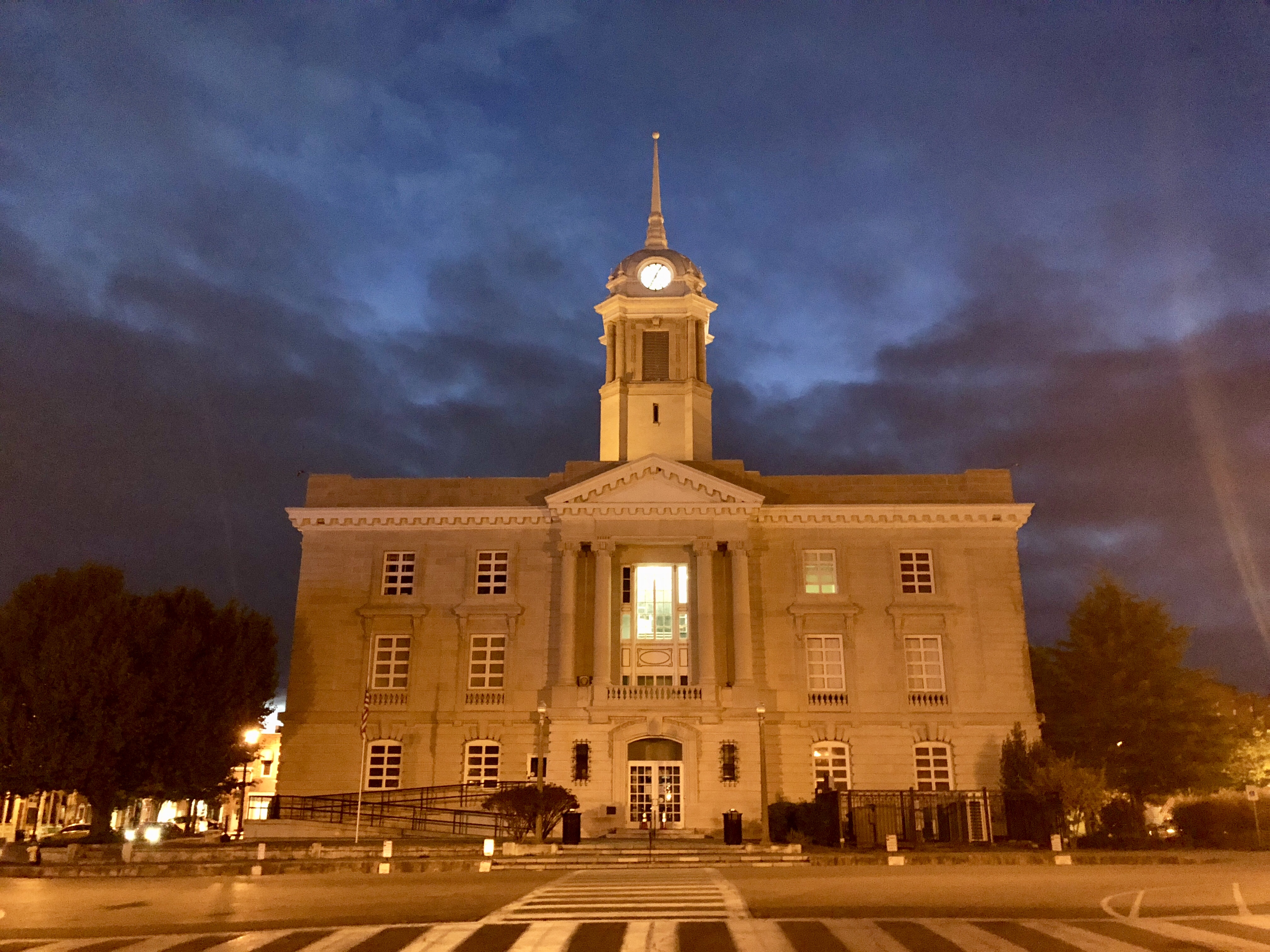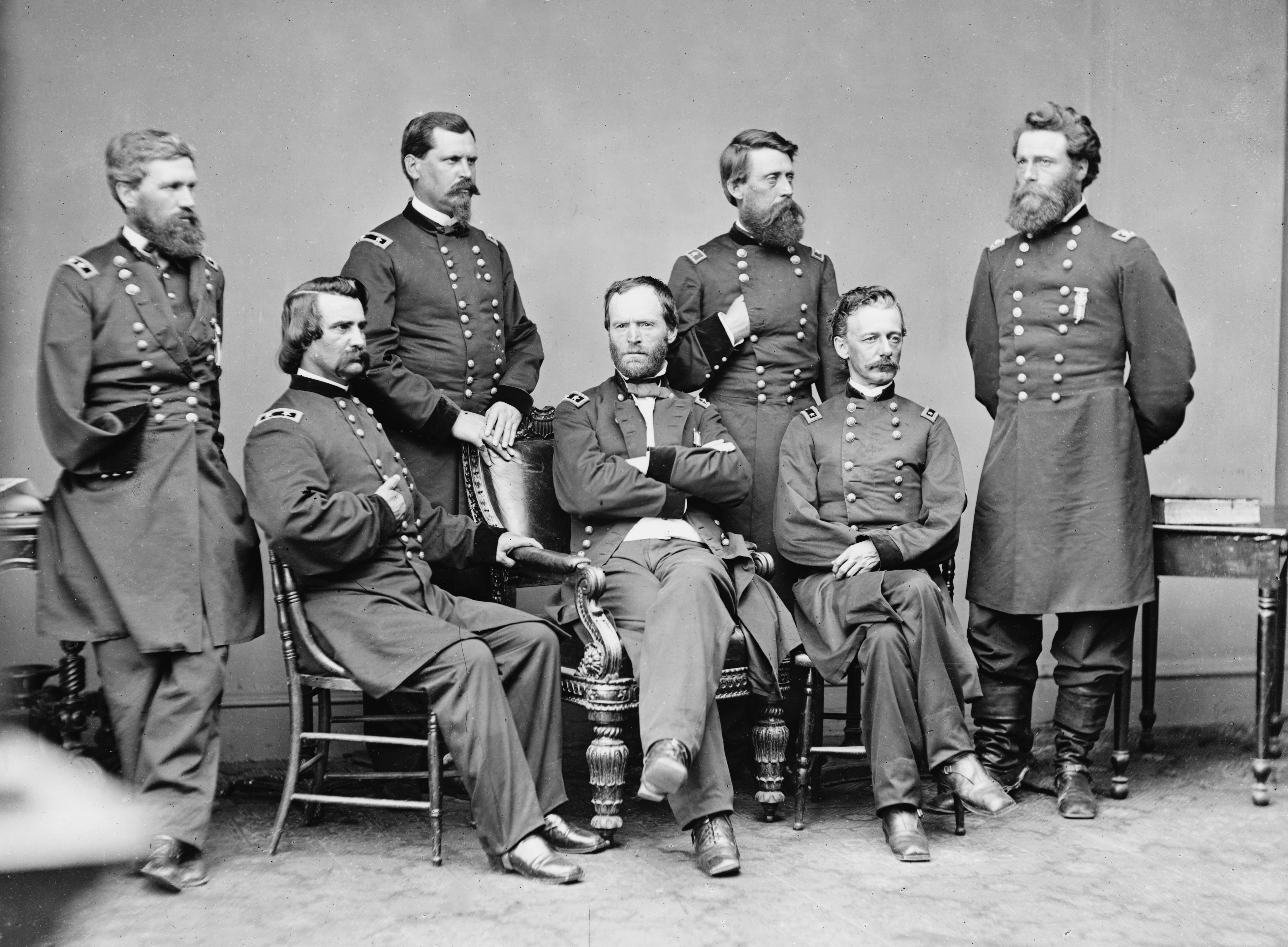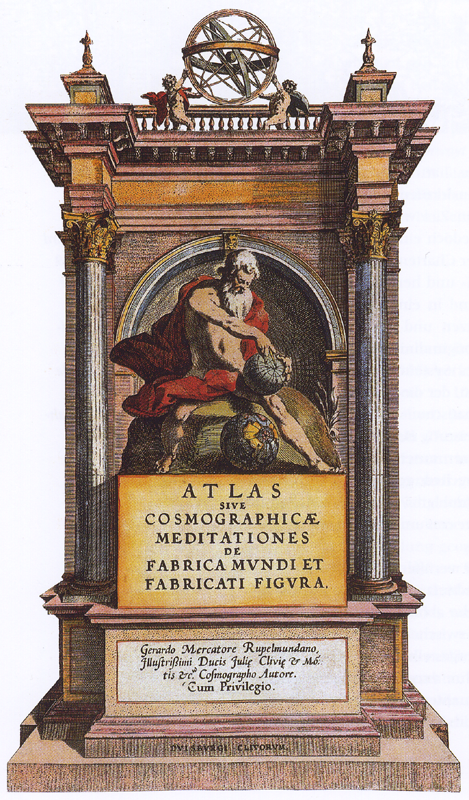|
Battle Of Nashville
The Battle of Nashville was a two-day battle in the Franklin-Nashville Campaign that represented the end of large-scale fighting west of the coastal states in the American Civil War. It was fought at Nashville, Tennessee, on December 15–16, 1864, between the Confederate Army of Tennessee under Lieutenant General John Bell Hood and the Union Army of the Cumberland (Dept. of the Cumberland) under Major General George H. Thomas. In one of the largest victories achieved by the Union Army during the war, Thomas attacked and routed Hood's army, largely destroying it as an effective fighting force. Military situation Hood followed up his defeat in the Atlanta Campaign by moving northwest to disrupt the supply lines of Maj. Gen. William T. Sherman from Chattanooga, hoping to challenge Sherman into a battle that could be fought to Hood's advantage. After a brief period of pursuit, Sherman decided to disengage and to conduct instead his March to the Sea, leaving the matter o ... [...More Info...] [...Related Items...] OR: [Wikipedia] [Google] [Baidu] |
American Civil War
The American Civil War (April 12, 1861 – May 26, 1865; also known by other names) was a civil war in the United States. It was fought between the Union ("the North") and the Confederacy ("the South"), the latter formed by states that had seceded. The central cause of the war was the dispute over whether slavery would be permitted to expand into the western territories, leading to more slave states, or be prevented from doing so, which was widely believed would place slavery on a course of ultimate extinction. Decades of political controversy over slavery were brought to a head by the victory in the 1860 U.S. presidential election of Abraham Lincoln, who opposed slavery's expansion into the west. An initial seven southern slave states responded to Lincoln's victory by seceding from the United States and, in 1861, forming the Confederacy. The Confederacy seized U.S. forts and other federal assets within their borders. Led by Confederate President Jefferson Davis, ... [...More Info...] [...Related Items...] OR: [Wikipedia] [Google] [Baidu] |
Lieutenant General (CSA)
The general officers of the Confederate States Army (CSA) were the senior military leaders of the Confederacy during the American Civil War of 1861–1865. They were often former officers from the United States Army (the regular army) prior to the Civil War, while others were given the rank based on merit or when necessity demanded. Most Confederate generals needed confirmation from the Confederate Congress, much like prospective generals in the modern U.S. armed forces. Like all of the Confederacy's military forces, these generals answered to their civilian leadership, in particular Jefferson Davis, the South's president and therefore commander-in-chief of the Army, Navy, and the Marines of the Confederate States. History Much of the design of the Confederate States Army was based on the structure and customs of the U.S. Army when the Confederate Congress established their War Department on February 21, 1861.Eicher, p. 23. The Confederate Army was composed of three parts; t ... [...More Info...] [...Related Items...] OR: [Wikipedia] [Google] [Baidu] |
Columbia, Tennessee
Columbia is a city in and the county seat of Maury County, Tennessee. The population was 41,690 as of the 2020 United States census. Columbia is included in the Nashville metropolitan area. The self-proclaimed "mule capital of the world," Columbia annually celebrates the city-designated Mule Day each April. Columbia and Maury County are acknowledged as the "Antebellum Homes Capital of Tennessee"; the county has more Antebellum architecture, antebellum houses than any other county in the state. The city is home to one of the last two surviving residences of James K. Polk, James Knox Polk, the 11th President of the United States; the other is the White House. History A year after the organization of Maury County, Tennessee, Maury County in 1807, Columbia was laid out in 1808 and lots were sold. The original town, on the south bank of the Duck River (Tennessee), Duck River, consisted of four blocks. The town was incorporated in 1817. Columbia was the site of Jackson College (Te ... [...More Info...] [...Related Items...] OR: [Wikipedia] [Google] [Baidu] |
Pulaski, Tennessee
Pulaski is a city in and the county seat of Giles County, which is located on the central-southern border of Tennessee, United States. The population was 8,397 at the 2020 census. It was named after Casimir Pulaski, a noted Polish-born soldier on the patriots side in the American Revolutionary War. During the Civil War, after the Union took control of Tennessee in 1862, thousands of African Americans left plantations and farms to join their lines for refuge. The Army set up a contraband camp in Pulaski to help house the freedmen and their families, feed them, and put them to work. In addition, education classes were started. Shortly after the war ended, in late 1865, Pulaski was the site of Confederate veterans organizing the first chapter of what became known as the Ku Klux Klan, a secret, white supremacist group. Union troops continued to occupy much of the state until 1870. The KKK members often attacked staff of the Freedmen's Bureau, established during the Reconstruction ... [...More Info...] [...Related Items...] OR: [Wikipedia] [Google] [Baidu] |
John M
John is a common English name and surname: * John (given name) * John (surname) John may also refer to: New Testament Works * Gospel of John, a title often shortened to John * First Epistle of John, often shortened to 1 John * Second Epistle of John, often shortened to 2 John * Third Epistle of John, often shortened to 3 John People * John the Baptist (died c. AD 30), regarded as a prophet and the forerunner of Jesus Christ * John the Apostle (lived c. AD 30), one of the twelve apostles of Jesus * John the Evangelist, assigned author of the Fourth Gospel, once identified with the Apostle * John of Patmos, also known as John the Divine or John the Revelator, the author of the Book of Revelation, once identified with the Apostle * John the Presbyter, a figure either identified with or distinguished from the Apostle, the Evangelist and John of Patmos Other people with the given name Religious figures * John, father of Andrew the Apostle and Saint Peter * Pope Joh ... [...More Info...] [...Related Items...] OR: [Wikipedia] [Google] [Baidu] |
Sherman's March To The Sea
Sherman's March to the Sea (also known as the Savannah campaign or simply Sherman's March) was a military campaign of the American Civil War conducted through Georgia from November 15 until December 21, 1864, by William Tecumseh Sherman, major general of the Union Army. The campaign began with Sherman's troops leaving the captured city of Atlanta on November 15 and ended with the capture of the port of Savannah on December 21. His forces followed a " scorched earth" policy, destroying military targets as well as industry, infrastructure, and civilian property, disrupting the Confederacy's economy and transportation networks. The operation debilitated the Confederacy and helped lead to its eventual surrender. Sherman's decision to operate deep within enemy territory without supply lines was unusual for its time, and the campaign is regarded by some historians as an early example of modern warfare or total war. Background and objectives Military situation Sherman's "March ... [...More Info...] [...Related Items...] OR: [Wikipedia] [Google] [Baidu] |
Chattanooga, Tennessee
Chattanooga ( ) is a city in and the county seat of Hamilton County, Tennessee, United States. Located along the Tennessee River bordering Georgia, it also extends into Marion County on its western end. With a population of 181,099 in 2020, it is Tennessee's fourth-largest city and one of the two principal cities of East Tennessee, along with Knoxville. It anchors the Chattanooga metropolitan area, Tennessee's fourth-largest metropolitan statistical area, as well as a larger three-state area that includes Southeast Tennessee, Northwest Georgia, and Northeast Alabama. Chattanooga was a crucial city during the American Civil War, due to the multiple railroads that converge there. After the war, the railroads allowed for the city to grow into one of the Southeastern United States' largest heavy industrial hubs. Today, major industry that drives the economy includes automotive, advanced manufacturing, food and beverage production, healthcare, insurance, tourism, and back office ... [...More Info...] [...Related Items...] OR: [Wikipedia] [Google] [Baidu] |
William T
William is a male given name of Germanic origin.Hanks, Hardcastle and Hodges, ''Oxford Dictionary of First Names'', Oxford University Press, 2nd edition, , p. 276. It became very popular in the English language after the Norman conquest of England in 1066,All Things William"Meaning & Origin of the Name"/ref> and remained so throughout the Middle Ages and into the modern era. It is sometimes abbreviated "Wm." Shortened familiar versions in English include Will, Wills, Willy, Willie, Bill, and Billy. A common Irish form is Liam. Scottish diminutives include Wull, Willie or Wullie (as in Oor Wullie or the play ''Douglas''). Female forms are Willa, Willemina, Wilma and Wilhelmina. Etymology William is related to the given name ''Wilhelm'' (cf. Proto-Germanic ᚹᛁᛚᛃᚨᚺᛖᛚᛗᚨᛉ, ''*Wiljahelmaz'' > German ''Wilhelm'' and Old Norse ᚢᛁᛚᛋᛅᚼᛅᛚᛘᛅᛋ, ''Vilhjálmr''). By regular sound changes, the native, inherited English form of the name shoul ... [...More Info...] [...Related Items...] OR: [Wikipedia] [Google] [Baidu] |
ATLAS OR TENNESSEE-ALABAMA
An atlas is a collection of maps; it is typically a bundle of maps of Earth or of a region of Earth. Atlases have traditionally been bound into book form, but today many atlases are in multimedia formats. In addition to presenting geographic features and political boundaries, many atlases often feature geopolitical, social, religious and economic statistics. They also have information about the map and places in it. Etymology The use of the word "atlas" in a geographical context dates from 1595 when the German-Flemish geographer Gerardus Mercator published ("Atlas or cosmographical meditations upon the creation of the universe and the universe as created"). This title provides Mercator's definition of the word as a description of the creation and form of the whole universe, not simply as a collection of maps. The volume that was published posthumously one year after his death is a wide-ranging text but, as the editions evolved, it became simply a collection of maps and it is ... [...More Info...] [...Related Items...] OR: [Wikipedia] [Google] [Baidu] |
ATLAS OR KENTUCKY-TENNESSEE
An atlas is a collection of maps; it is typically a bundle of maps of Earth or of a region of Earth. Atlases have traditionally been bound into book form, but today many atlases are in multimedia formats. In addition to presenting geographic features and political boundaries, many atlases often feature geopolitical, social, religious and economic statistics. They also have information about the map and places in it. Etymology The use of the word "atlas" in a geographical context dates from 1595 when the German-Flemish geographer Gerardus Mercator published ("Atlas or cosmographical meditations upon the creation of the universe and the universe as created"). This title provides Mercator's definition of the word as a description of the creation and form of the whole universe, not simply as a collection of maps. The volume that was published posthumously one year after his death is a wide-ranging text but, as the editions evolved, it became simply a collection of maps and it is ... [...More Info...] [...Related Items...] OR: [Wikipedia] [Google] [Baidu] |





